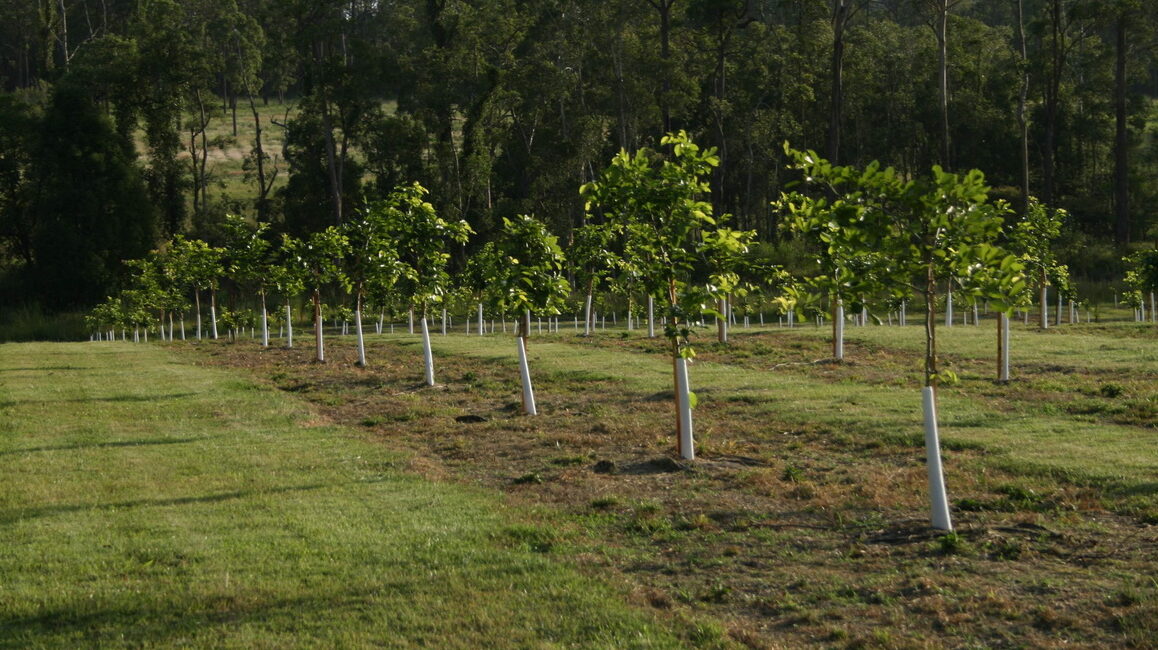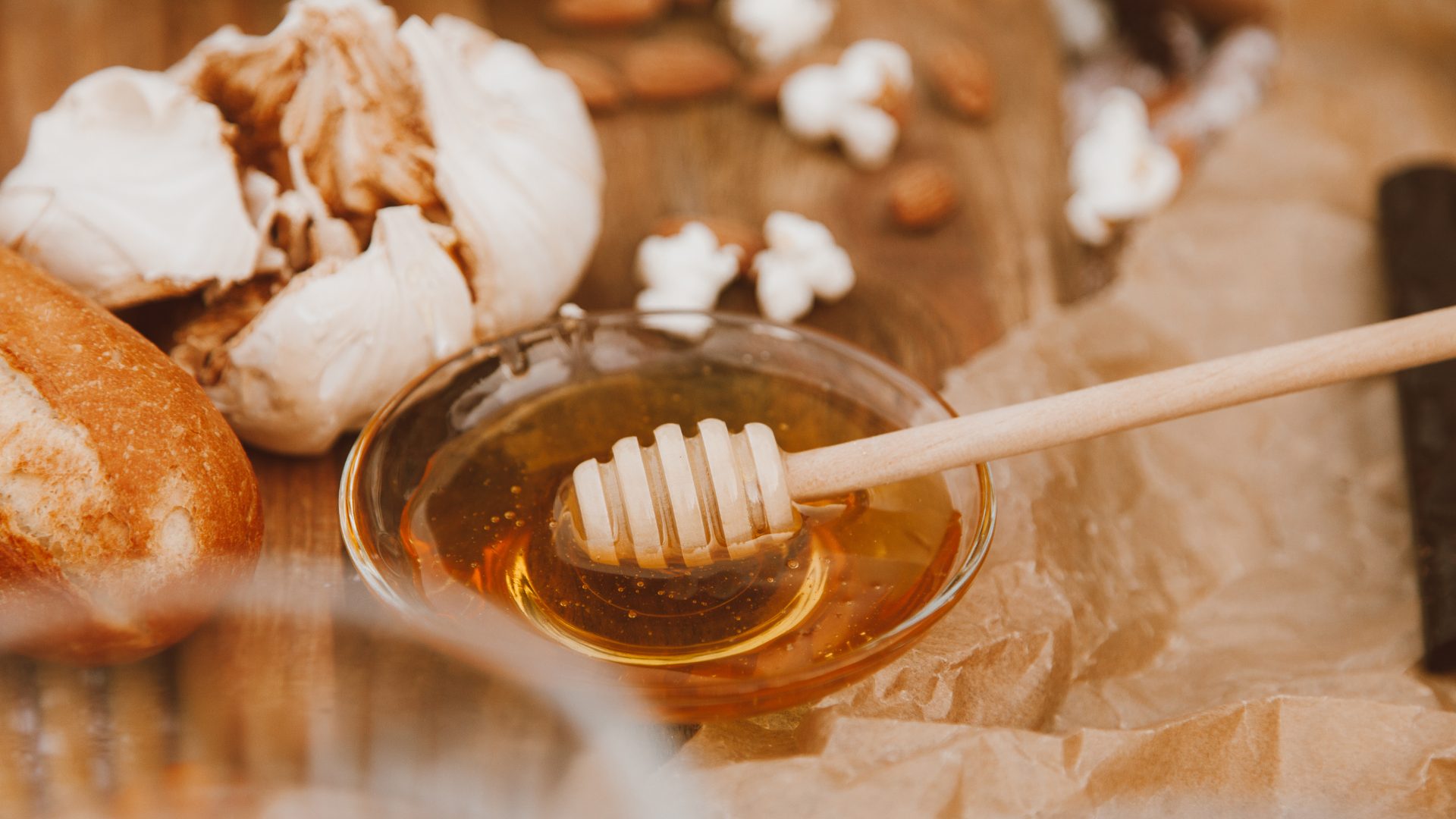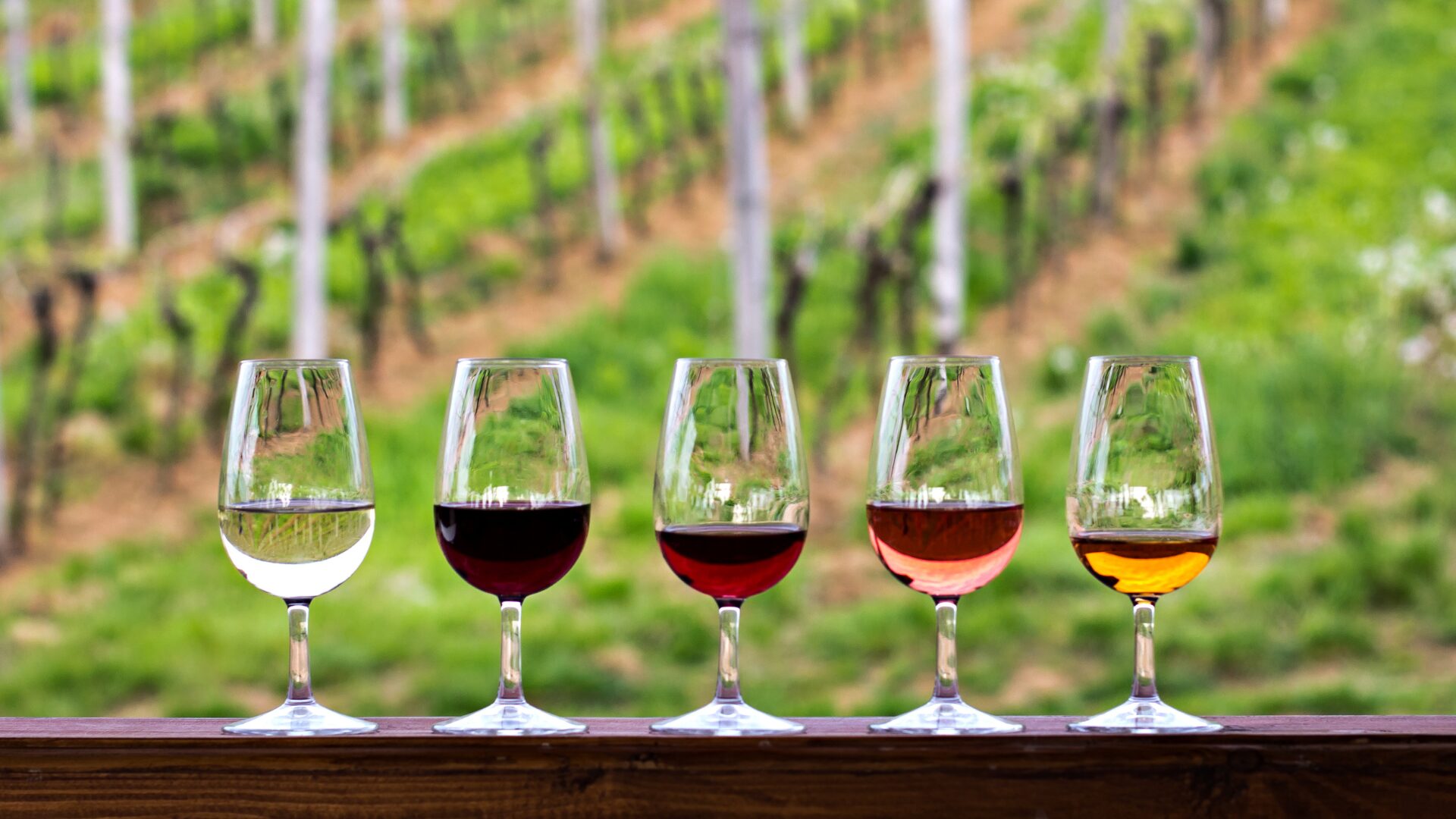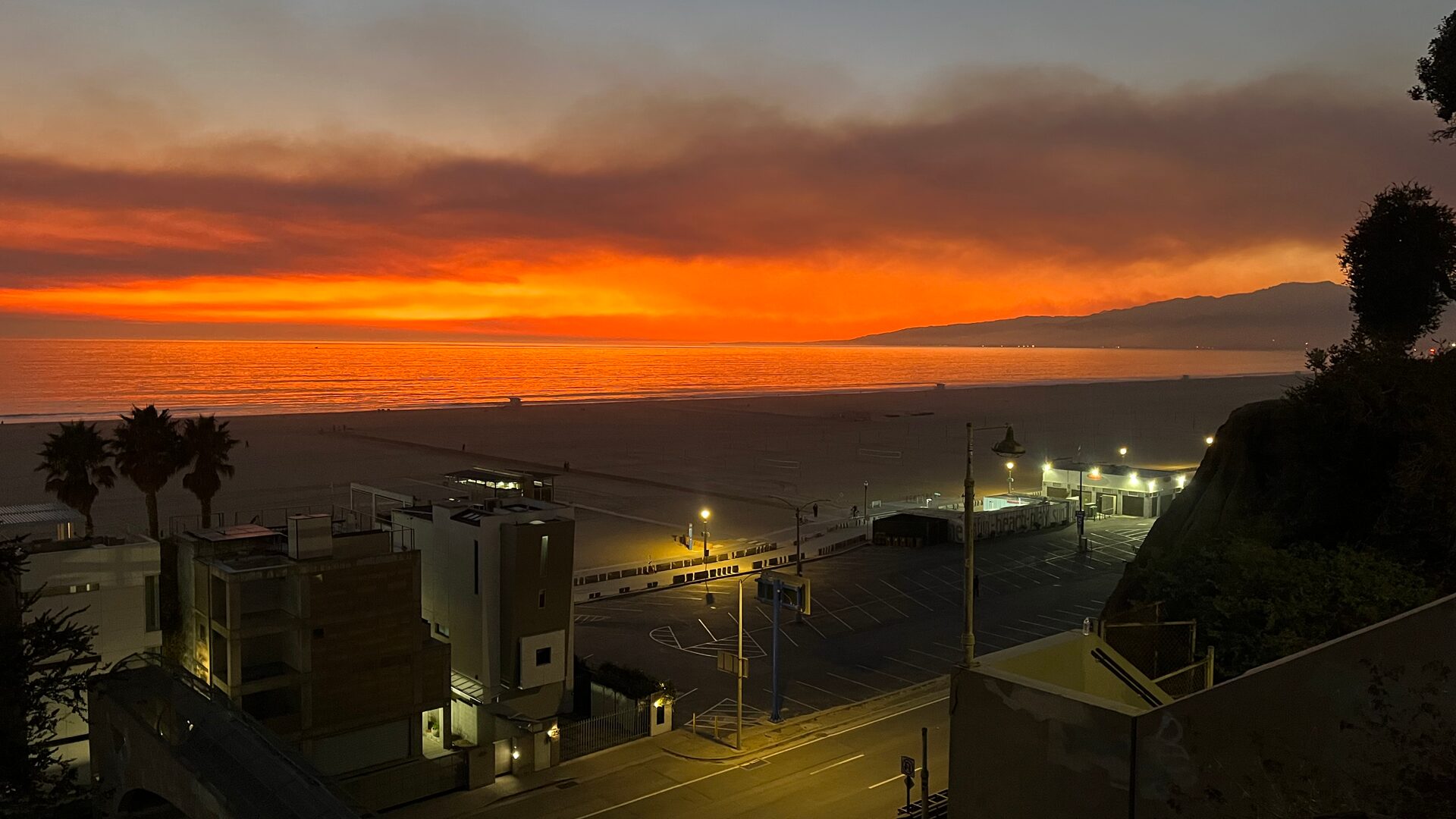When life gives you lanternflies and kills your lemons…make smokey honey and plant biofuel trees?
That adage certainly won’t be found in any collection of aphorisms, but it’s precisely the sort of silver lining that America’s ingenious agricultural community have seized upon in the aftermath of some otherwise ominous ecological threats.
The Lanternfly’s Unexpected Gift
In the heart of Pennsylvania, vineyards and orchards have borne witnesses to a creeping invader for the past decade. Initially spreading through Berks County, outside Philadelphia, this invasive pest ravaged grapevines, fruit trees, and even sugar maple trees, causing widespread concern among farmers.
But amid this crisis, a serendipitous discovery was made: the creation of smokey lanternfly honey. Beekeepers, initially perplexed by the unusual aroma and dark hue of their harvest, found that the bees that fed on the plant sap excreted after a lanternfly feeding produced a honey with a unique, robust flavor. This “Doom Bloom” honey—as styled by Philadelphia Bee Co.—with its bourbon-like notes, became an unexpected culinary delight, turning pestilence into a prized product.
After a slow and methodical spread throughout the mid-Atlantic region, lanternflies have now found themselves briskly shuttled cross-country to California. Ironically, the lanternfly eggs were found attached to an art installation destined for wine country—a foremost agricultural concern.
Mercifully, the lanternfly crisis on the East coast has, while destructive, stopped short of the apocalyptic agricultural devastation that the most concerned alarmists feared. Nonetheless, a report by economists at Penn State’s College of Agricultural Sciences estimated in 2020 that lanternflies were responsible for $50 million in annual economic damage.
California’s fruit and wine industries must be vigilant in limiting the spread of lanternflies where possible, and look to capitalize on any unintended happy accidents along the way.
Pongamia: Replacing Citrus with Fuel and Protein
Florida’s citrus groves, synonymous with the state’s agricultural identity, have faced unrelenting challenges from diseases and climate variability. The vibrant orange and grapefruit trees, now diminished by citrus greening and canker diseases, have left a void in the landscape and economy. However, a new hope is taking root in these fragile fields—the pongamia tree.
Originating in India, this hardy tree thrives where citrus has failed, offering sustainable biofuel and plant-based proteins from its bitter fruits. Requiring minimal care, pongamia trees flourish in adverse conditions, providing a new economic lifeline for farmers and underscoring nature’s potential to offer solutions in times of need.
Farmers who once depended on the unpredictable yields of citrus are now embracing the pongamia tree with renewed hope. Unlike the citrus trees that demanded constant care, pongamia trees grow robustly with minimal intervention, resistant to pests and adaptable to both drought and heavy rainfall.
The small beans they produce are rich in potential, yielding biofuel and high-quality protein. John Olson, a former grapefruit grower, has transitioned to pongamia cultivation, finding comfort in the tree’s resilience and the promise of a sustainable future.
“We went through all the ups and downs of citrus and eventually because of greening, abandoned citrus production,” Olson said. “For the most part the citrus industry has died in Florida.”
This shift not only revitalizes the agricultural landscape but also paves the way for eco-friendly innovations, highlighting the power of adaptation in overcoming ecological and economic hurdles.
The stories of pongamia plantations and smokey lanternfly honey are those of adaptation and hope. Both narratives demonstrate the resilience of nature and human ingenuity in addressing environmental and economic issues.
The Food Institute Podcast
Tom Hamill, a food and beverage senior analyst for RSM US LLP, joined The Food Institute Podcast to recap the 2024 Summer Fancy Food Show. Hamill shares his thoughts on burgeoning trends from the show and how emerging specialty food brands can best navigate economic factors in the years to come.












